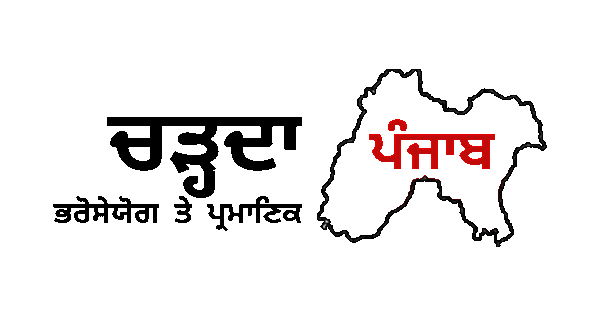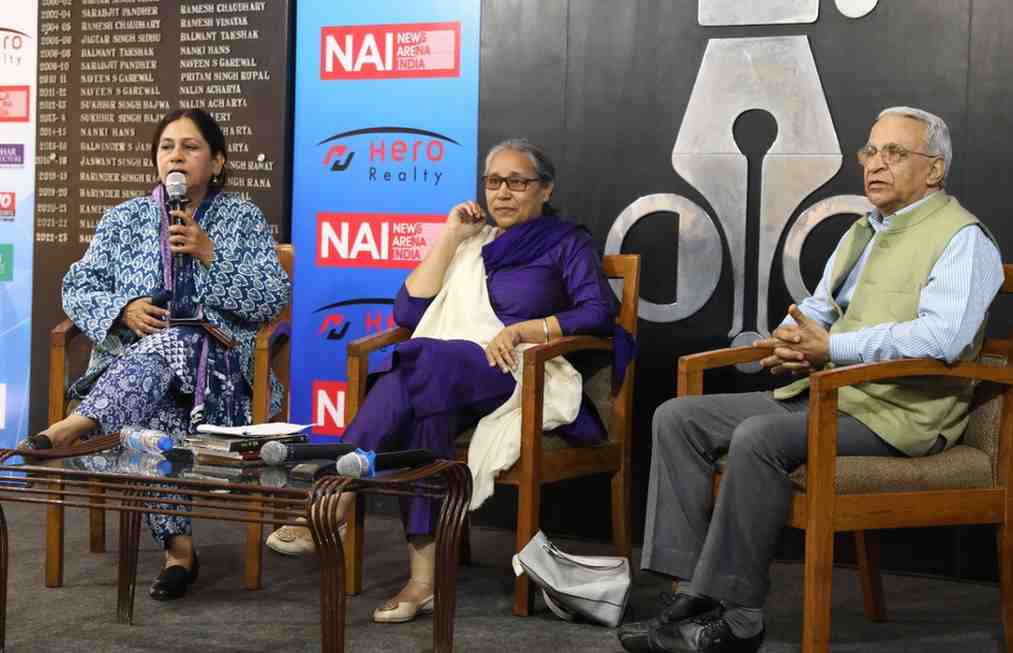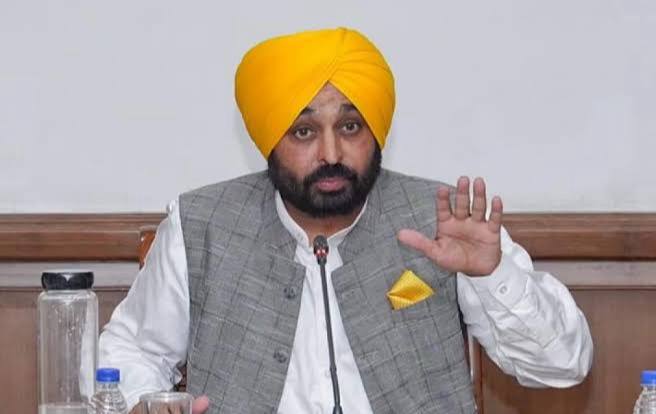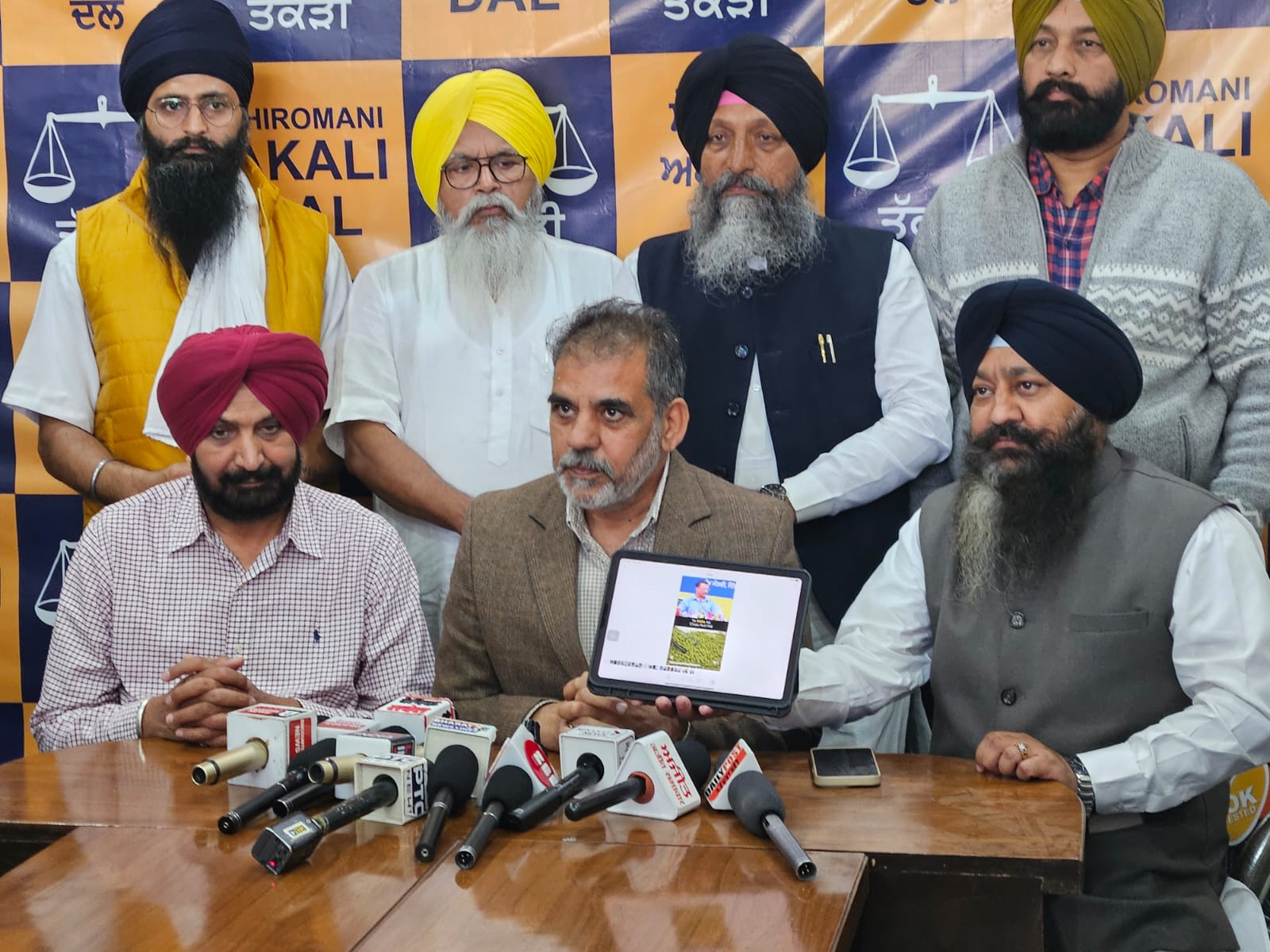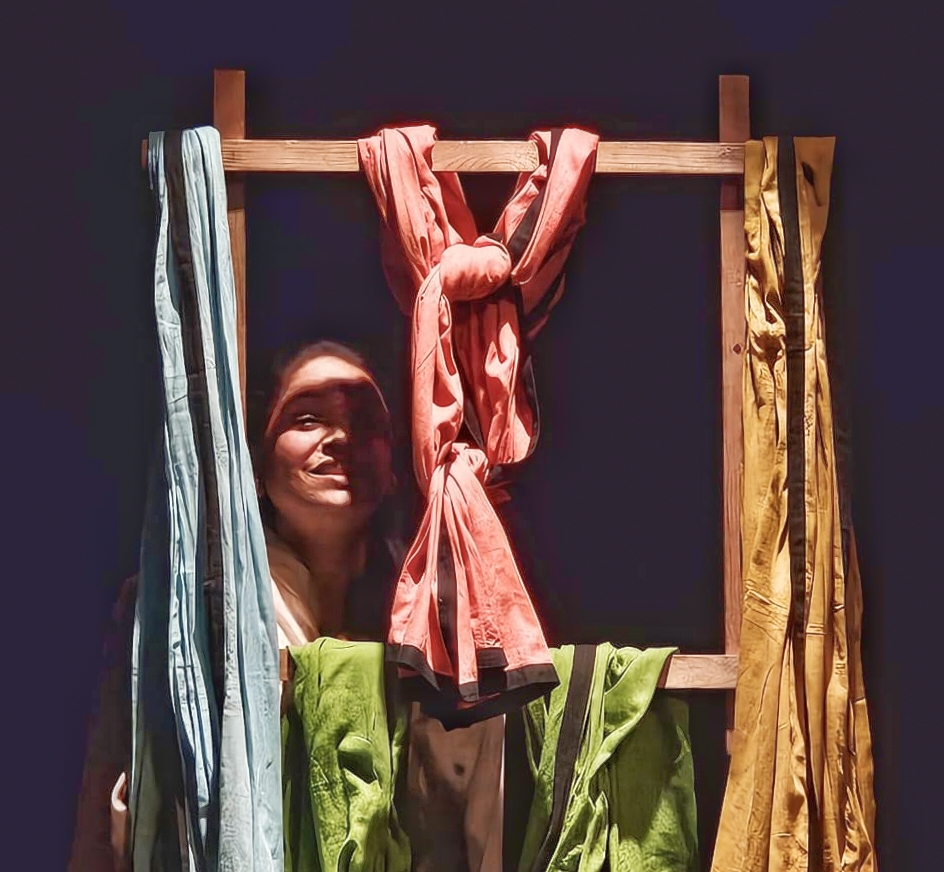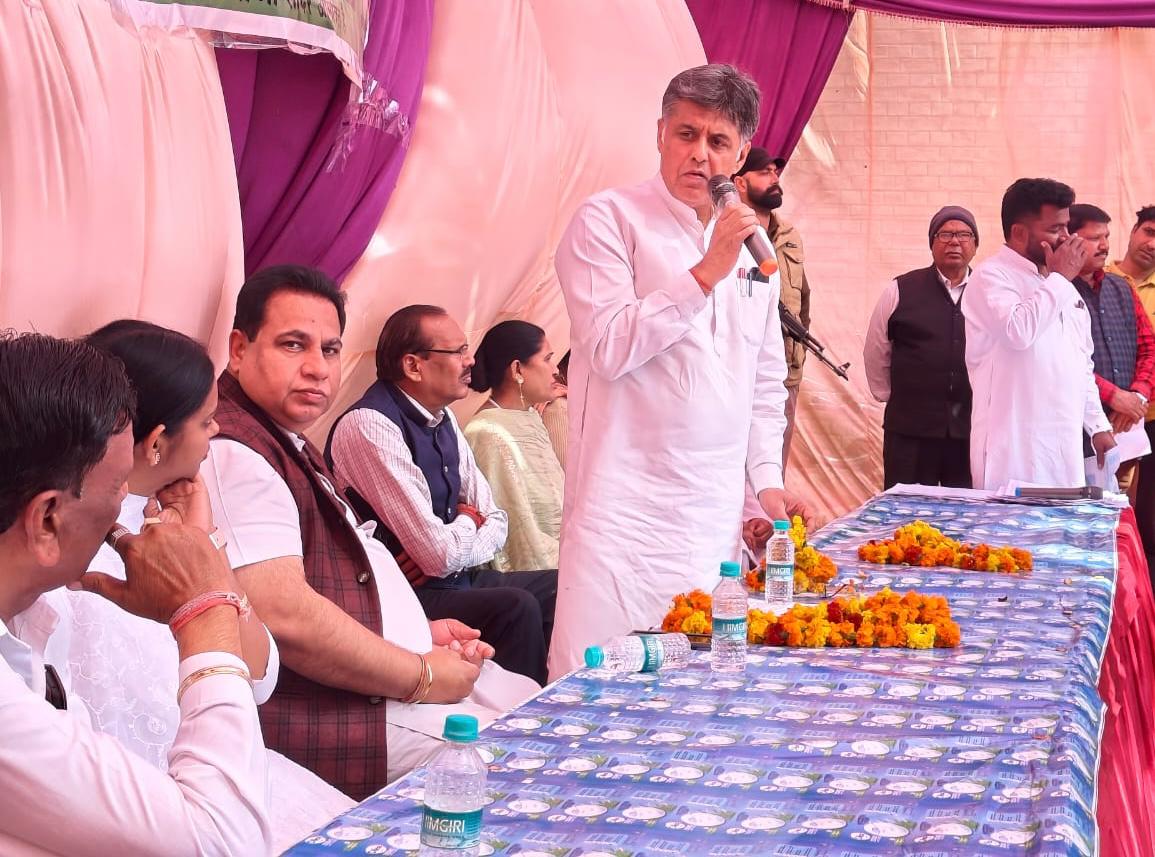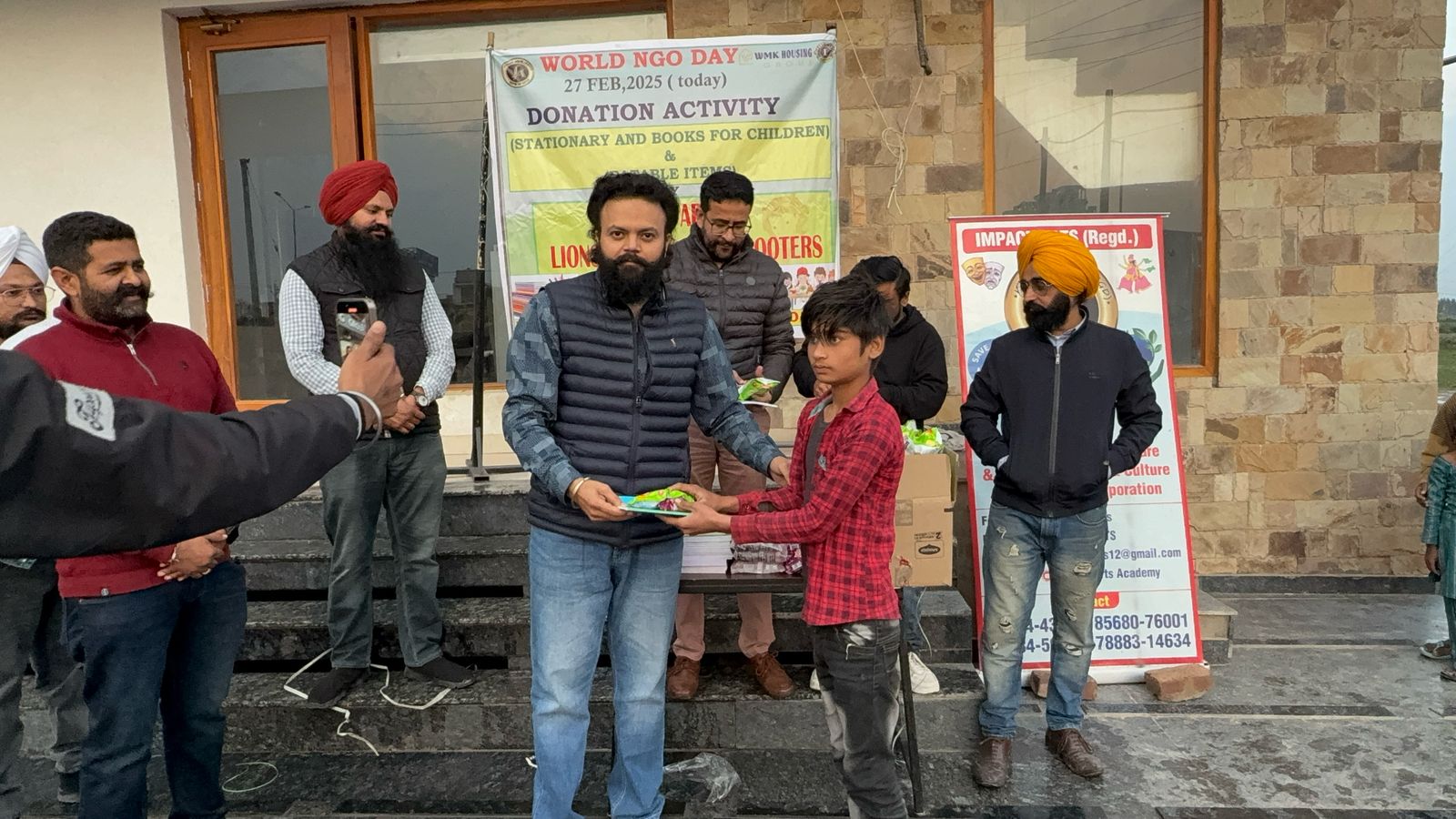A three-day JournalistLiterature Festival kicks off at Chandigarh Press Club
Chandigarh: The opening session of the three-day Journalists’ Literature Festival at the Chandigarh Press Club,Sector 27, was headlined by renowned primetime anchor Shiv Aroor and veteran journalist and anchor Chander Suta Dogra.
On the dichotomy of ‘JaiJawan, Jai Kisan’ in the agrarian community in Punjab that sends one son to the border and another to the fields in light of the ongoing farmers’ protest, both Aroor and Dogra expressed that individuals have their own karambhoomi (field of action). They emphasised that the army, being apolitical and secular, remains unaffected. Aroor unequivocally said that farmers have the right to protest and it is the Govt’s Responsibility to ensure the smooth functioning of society.
Delhi-based senior war journalist Shiv Aroor in his deliverable said that the Indian Army is not just an army but a ‘moral’ army and had great not just to nation but for global peace at large. From curbing terrorism in the Kashmir border to controlling the farmer agitation at Singhu border, the Indian defence forces have played a vital role.
The world will always be grateful to the Indian Army through their efforts at the UN Peacekeeping Force. Chandrasuta Dogra while narrating her days of reporting mentioned about the challenges being faced in Kashmir. According to her, journalists should be compromised on the basis of gender.
In the second session on the topic ‘Importance of translation in spreading information’, moderatorsenior journalist Shayda Bano was of the opinion that in the present times, it is necessary to be multilingual to understand the outside world. Translationhas played an important role in the expansion of journalism and writing which helped people for global understanding.
Senior Punjabi journalist and Punjabi translator of ‘Out of the Ashes’, Davi Davinder Kaur, said in her narration that language journalism merely reflects reporting but when the translation of the same report takes shape in vernacular languages, it becomes an opinion. According to senior journalist Chetan Thakur, a translator enlivened the language. Many times a writer becomes so engrossed in the original work that he gets into the story even better than the writer.
The panelists were of the opinion that in the interest of the readers, one should khel (play) with words but not khelwaad (mess) with them. The translator should not kill the original spirit of the language otherwise it will lead to ‘Anarth (disaster) from Arth (original meaning).
The third session witnessed the deliberation on the role of Hindi, Punjabi and Urdu in journalism wherein veteran journalist and author Dr. Chandratrikha, senior journalists Manmohan Gupta Moni& Navneet Sharma from Himachal Pradesh expressed their viewpoints on language journalism in the current scenario. Panelists were of the belief that Hindi, Urdu and Punjabi cannot be seen separately.
Later, a Kavi Sammelanwas also organized wherein journalists presented their poetic creations to the present audience.
A blood donation camp was also organized at the sidelines of the event as 20 units were collected by PGIblood bank. The Fest also brought a platform for the journalists to exhibit their literary work
